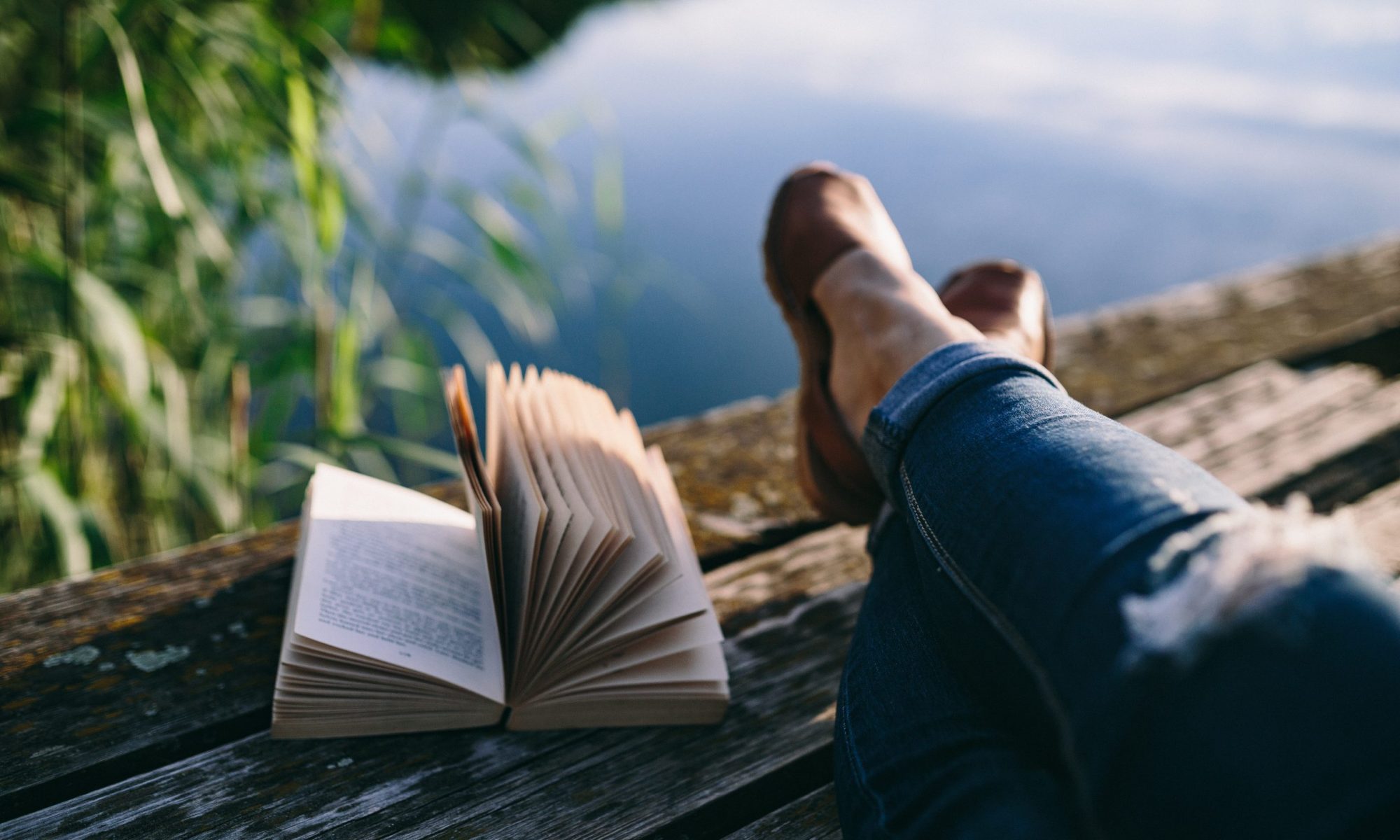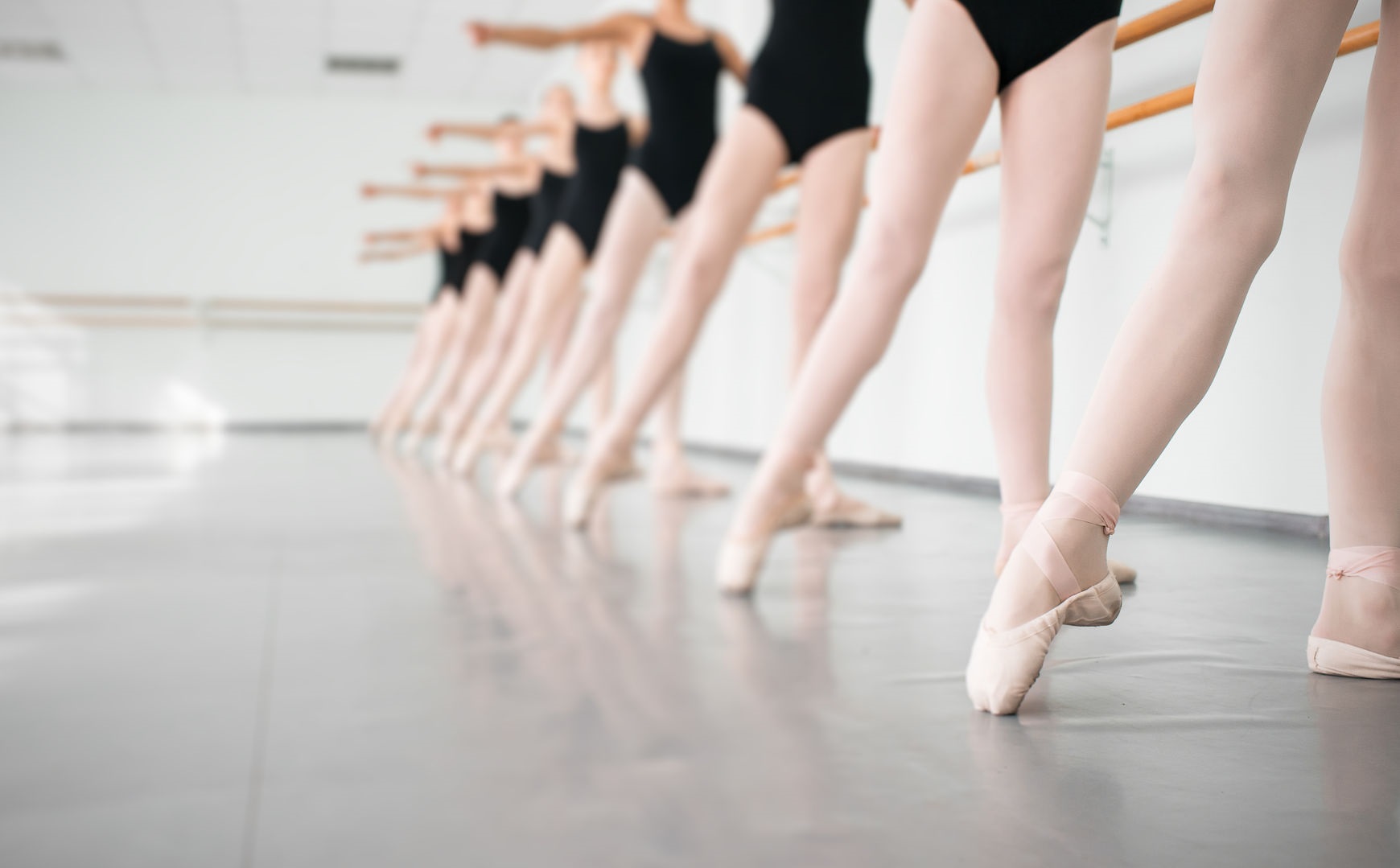
“We learn by practice. Whether it means to learn to dance by practicing dancing or to learn to live by practicing living, the principles are the same. One becomes in some area an athlete of God.” ~ Martha Graham
I think I was five when I took my first ballet class. I don’t have any clear memories of my fellow students. I don’t recall the name of the teacher.
What I remember, when I think about those first classes, was the barre. I remember stretching out my arm so my hand could rest against the wood. My muscles still retain the echos of all those early pliés and tendus. Ballet class was my first experience with practice, and I loved it.
I craved it.
At home, lacking both floor space and proper equipment, I would make the back of a chair my partner as I bent my knees, positioned my feet, and kicked my legs.
But then I got older, and my focus switched from ballet to music.
I fell into cello quite accidentally at the age of nine (old for a string player), after becoming enamoured with my then-best-friend’s violin. I was lucky: Colorado schools had excellent music programs, and we didn’t even have to pay for a cello, because my teacher loaned me the one his daughter had learned on. 
I learned about scales and arpeggios, some of which I’d already encountered as a singer, but this was different. I memorized the feeling of my fingers on the strings, and mastered enharmonic tuning, crucial for me, since we didn’t have a piano with with to check my pitch.
Practice became something new. It was just as physical as ballet, but it was physical in a different way. I was stretching my arms down instead of out. It was my fingers that danced instead of my toes.
But every time my mother commented about how the low strings sounded when I was first learning, making croaking noises, or pretending to be a foghorn, my love of practice was diminished. By the time I finished high school, bad teachers, lack of confidence, and my inability to commit to any one art form forced me to set music aside for a while.
(I fell back in love with cello in my late twenties.)
“Don’t only practice your art, but force your way into its secrets; art deserves that, for it and knowledge can raise man to the Divine.” ~ Ludwig van Beethoven
If this were a novel, it would be in college that I found my Ultimate Muse choosing writing as my One True Pairing of the arts, but the reality is that I’ve loved the written word for as long as I can remember. I’ve dabbled in poetry. I’ve written essays and fiction, compose all original short pieces for my podcast, and have even published a book.
 It wasn’t until I was married and living in the first home my husband and I actually owned that I truly developed a writing practice.
It wasn’t until I was married and living in the first home my husband and I actually owned that I truly developed a writing practice.
Oh, sure, I’d tried, unsuccessfully, to keep diaries over the years, but writing words no one would ever read seemed pointless to me. I’d read Natalie Goldberg’s Writing Down the Bones when I was nineteen. I had stacks of college-ruled spiral notebooks with my scribblings in them, but writing was mostly a random activity unless I had to do something for a reason.
When I learned about blogging, everything changed. Not only did I accept that I would never succeed as a writer without discipline – without a daily practice – but I’d also found a system that gave me just enough external accountability to keep me going, and just enough feedback that I could learn what worked and what didn’t.
Some writers, I know, are dutiful enough to complete their requisite three “morning pages” every day. In my daily blogging, I found that writing posts of precisely one hundred words helped me more than anything else. I call these tiny entries “distilled moments,” and there are times when I do the just because they feel right, and other times when I create them, daily, for an entire month.
“Practice is everything. This is often misquoted as Practice makes perfect.”
~Periander
Life ebbs and flows, and my devotion to practice tends to do so as well. I actually do write every day, but I go long stretches without blogging, until I realize I miss it, and then I go back to it. In fact, it is this tendency to return to my first “public” forum that allowed to assure one of my best girlfriends, a couple of weeks ago, that no, it was not wrong that she would rather write in her blog than create new content for her work.
For us, I told her, our blogs have always been our practice spaces.
In ballet, when you need to rehab after an injury, or just find your focus again, you return to the basics. Barre work. Warmups. In music, you go back to etudes. You go over scales and arpeggios. In writing, we have journals and we have blogs. These are our virtual studios where we reconnect with the fundamentals.
We say practice makes perfect, but practice itself is imperfect. This is why the act of meditation is called practice. Yes, it’s because it’s meant to be a regular exercise, but it’s also because but it’s also because we are giving ourselves permission to be imperfect.
Because blogging is where I honed my writing voice, it’s my sacred space for my own writing practice. It’s the place where I’m more candid than I would otherwise be, because I’m not being a model for others; I’m being just me.
My blog is also the place where I experiment with different styles and structures, where I play with themes and challenge myself to stretch.
It is the place where I practice.
And – just like the dancer, the musician, the artist – practice is the way I keep my muscles warm and in working order.
“Someone who wants to write should make an effort to write a little something every day. Writing in this sense is the same as athletes who practice a sport every day to keep their skills honed.” ~ Anita Desai
About the author: Melissa A. Bartell
 Melissa is a writer, voice actor, podcaster, itinerant musician, voracious reader, and collector of hats and rescue dogs. She is the author of The Bathtub Mermaid: Tales from the Holiday Tub. You can learn more about her on her blog, or connect with her on on Facebook, Instagram, or Twitter.
Melissa is a writer, voice actor, podcaster, itinerant musician, voracious reader, and collector of hats and rescue dogs. She is the author of The Bathtub Mermaid: Tales from the Holiday Tub. You can learn more about her on her blog, or connect with her on on Facebook, Instagram, or Twitter.


